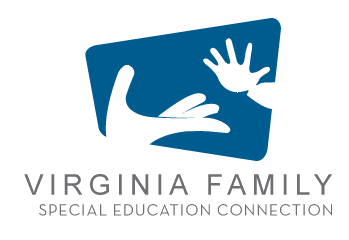Child and Adolescent Mental Health (National Institute of Mental Health, NIMH)
Description:
Child and Adolescent Mental Health - Mental health is an important part of overall health for children as well as adults. For many adults who have mental disorders, symptoms were present—but often not recognized or addressed—in childhood and youth. For a young person with symptoms of a mental disorder, the earlier treatment is started, the more effective it can be. Early treatment can help prevent more severe, lasting problems as a child grows up.
Warning Signs
It can be tough to tell if troubling behavior in a child is just part of growing up or a problem that should be discussed with a health professional. But if there are signs and symptoms that last weeks or months; and if these issues interfere with the child’s daily life, not only at home but at school and with friends, you should contact a health professional.
Young children may benefit from an evaluation and treatment if they:
- Have frequent tantrums or are intensely irritable much of the time
- Often talk about fears or worries
- Complain about frequent stomachaches or headaches with no known medical cause
- Are in constant motion and cannot sit quietly (except when they are watching videos or playing videogames)
- Sleep too much or too little, have frequent nightmares, or seem sleepy during the day
- Are not interested in playing with other children or have difficulty making friends
- Struggle academically or have experienced a recent decline in grades
- Repeat actions or check things many times out of fear that something bad may happen.
Older children and adolescents may benefit from an evaluation if they:
- Have lost interest in things that they used to enjoy
- Have low energy
- Sleep too much or too little, or seem sleepy throughout the day
- Are spending more and more time alone, and avoid social activities with friends or family
- Diet or exercise excessively, or fear gaining weight
- Engage in self-harm behaviors (such as cutting or burning their skin)
- Smoke, drink alcohol, or use drugs
- Engage in risky or destructive behavior alone or with friends
- Have thoughts of suicide
- Have periods of highly elevated energy and activity, and require much less sleep than usual
- Say that they think someone is trying to control their mind or that they hear things that other people cannot hear.





